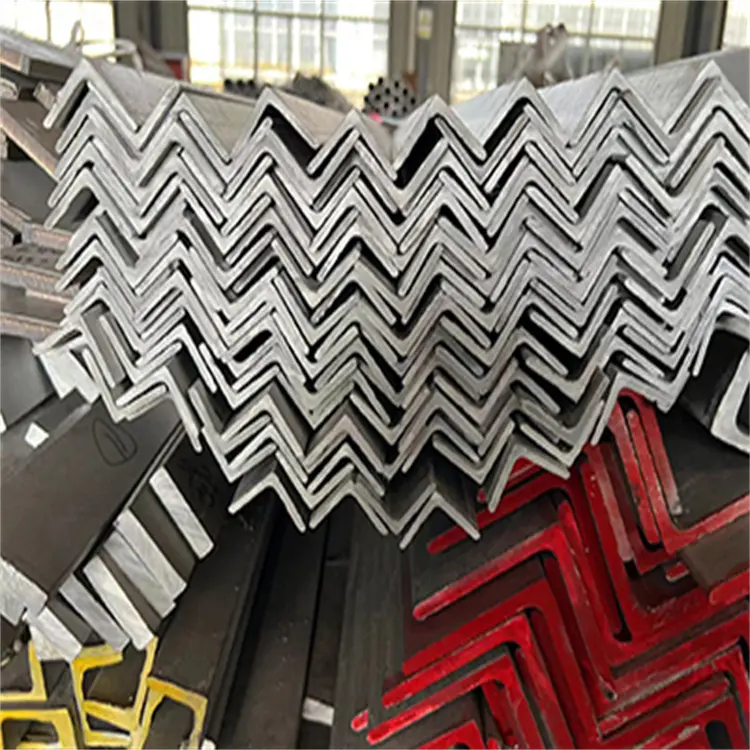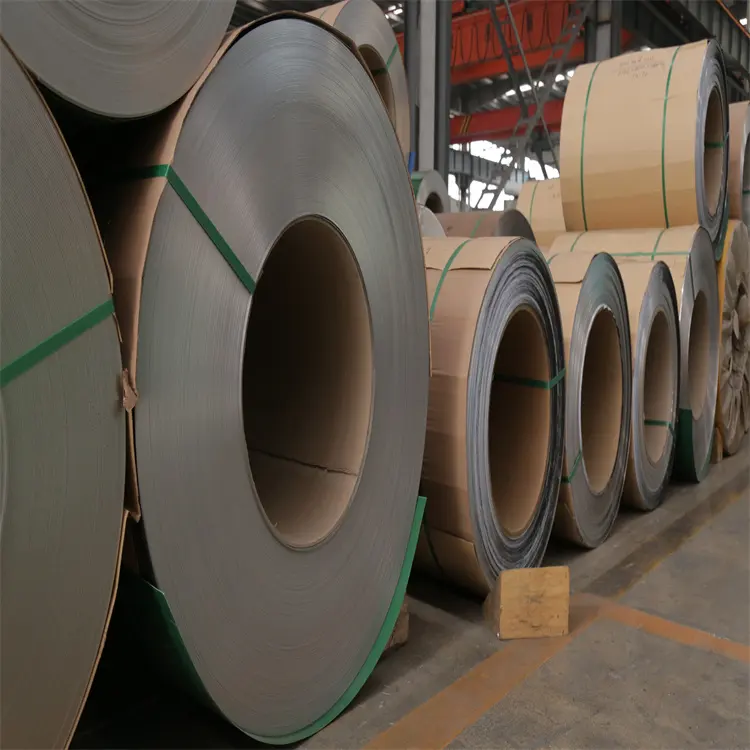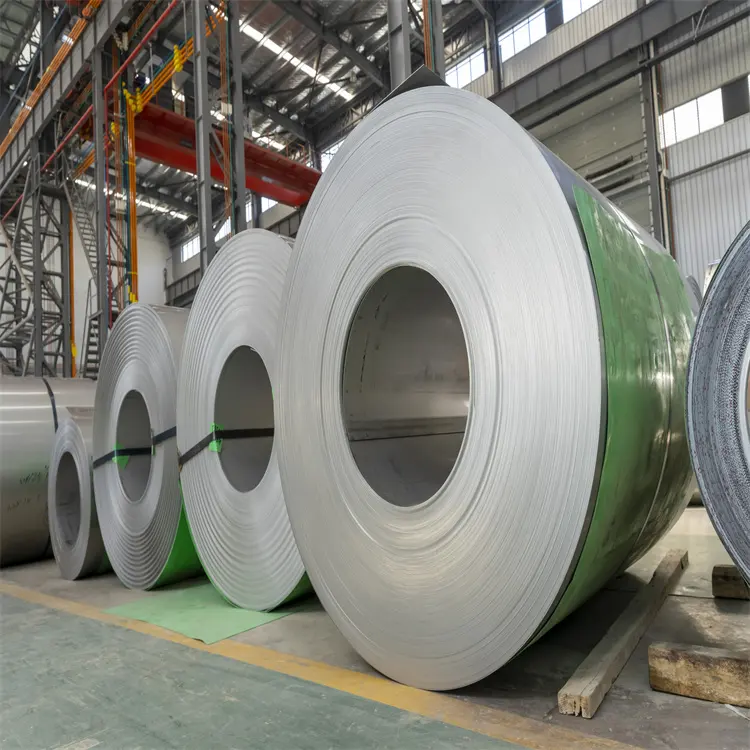thin stainless wire
Thin stainless wire represents a crucial component in modern manufacturing and industrial applications, characterized by its remarkable combination of strength, durability, and versatility. This precision-engineered material, typically ranging from 0.1mm to 0.5mm in diameter, is manufactured through a sophisticated drawing process that ensures consistent quality and dimensional accuracy. The wire's composition primarily includes chromium and nickel, contributing to its exceptional corrosion resistance and mechanical properties. In industrial applications, thin stainless wire serves multiple functions, from reinforcement in composite materials to critical components in medical devices. Its high tensile strength coupled with excellent flexibility makes it ideal for applications requiring both durability and precision. The wire's inherent resistance to oxidation and chemical corrosion ensures long-term reliability across diverse environmental conditions. Additionally, its biocompatibility has made it particularly valuable in medical and food processing industries. Modern manufacturing techniques allow for precise control over the wire's diameter, surface finish, and mechanical properties, enabling customization for specific applications. This versatility has led to its widespread adoption in aerospace, automotive, electronics, and medical sectors, where reliability and precision are paramount.


